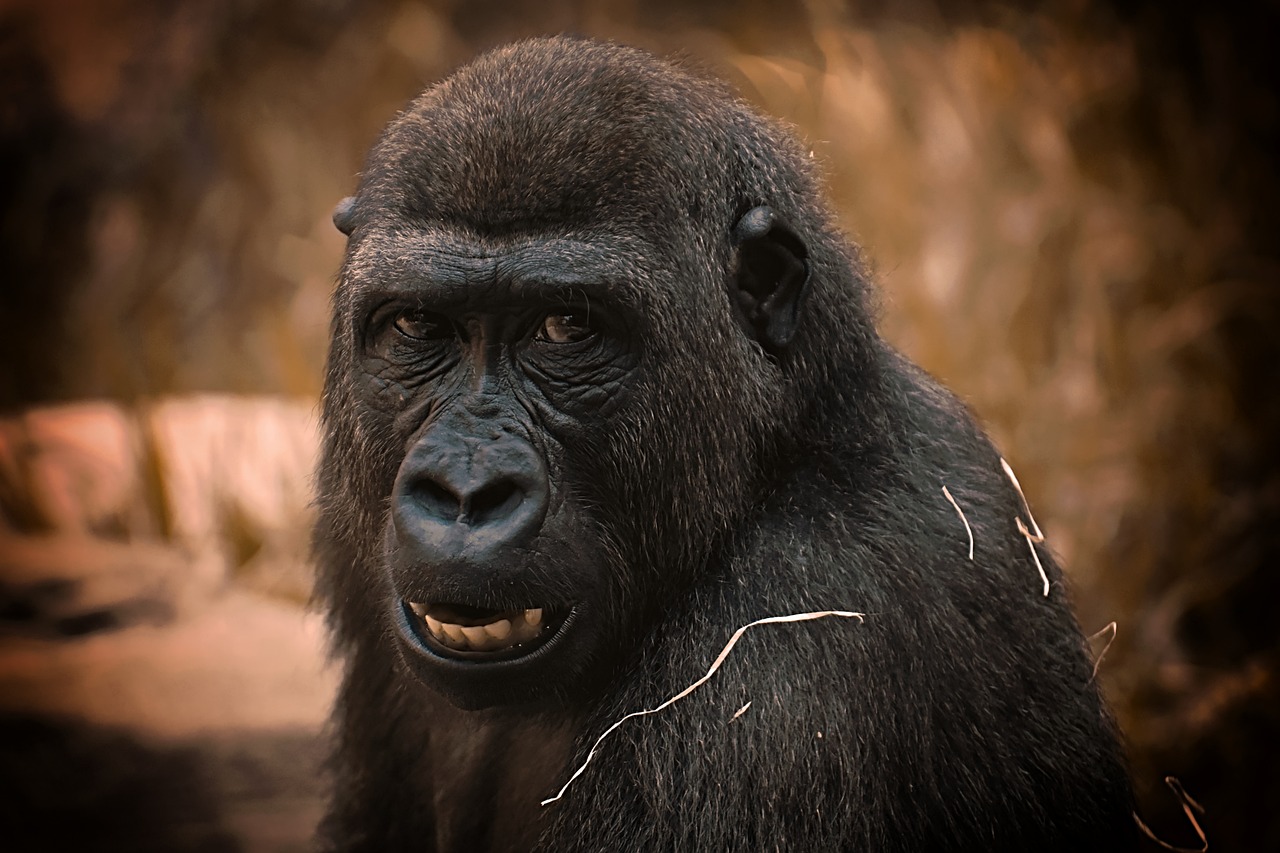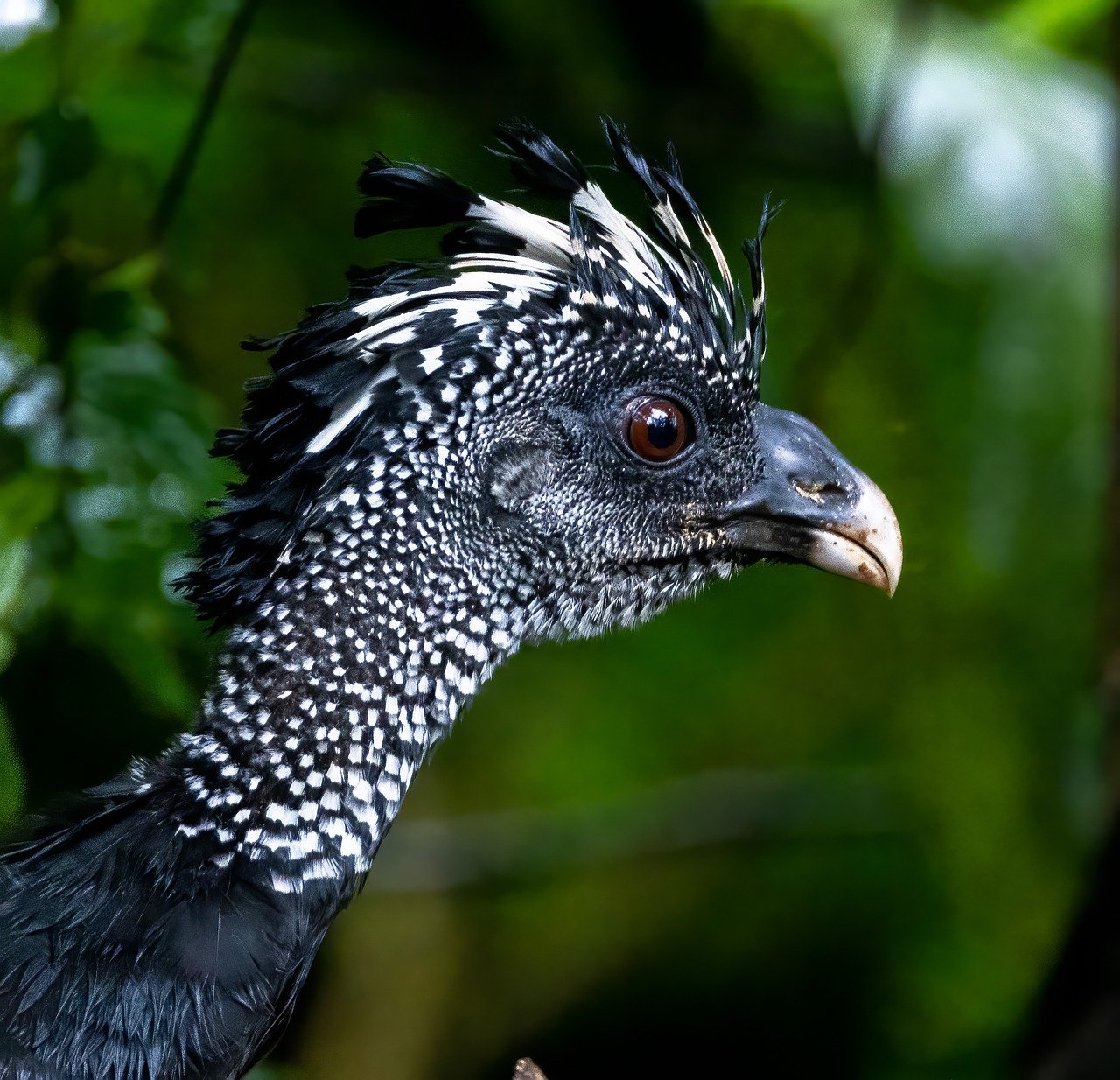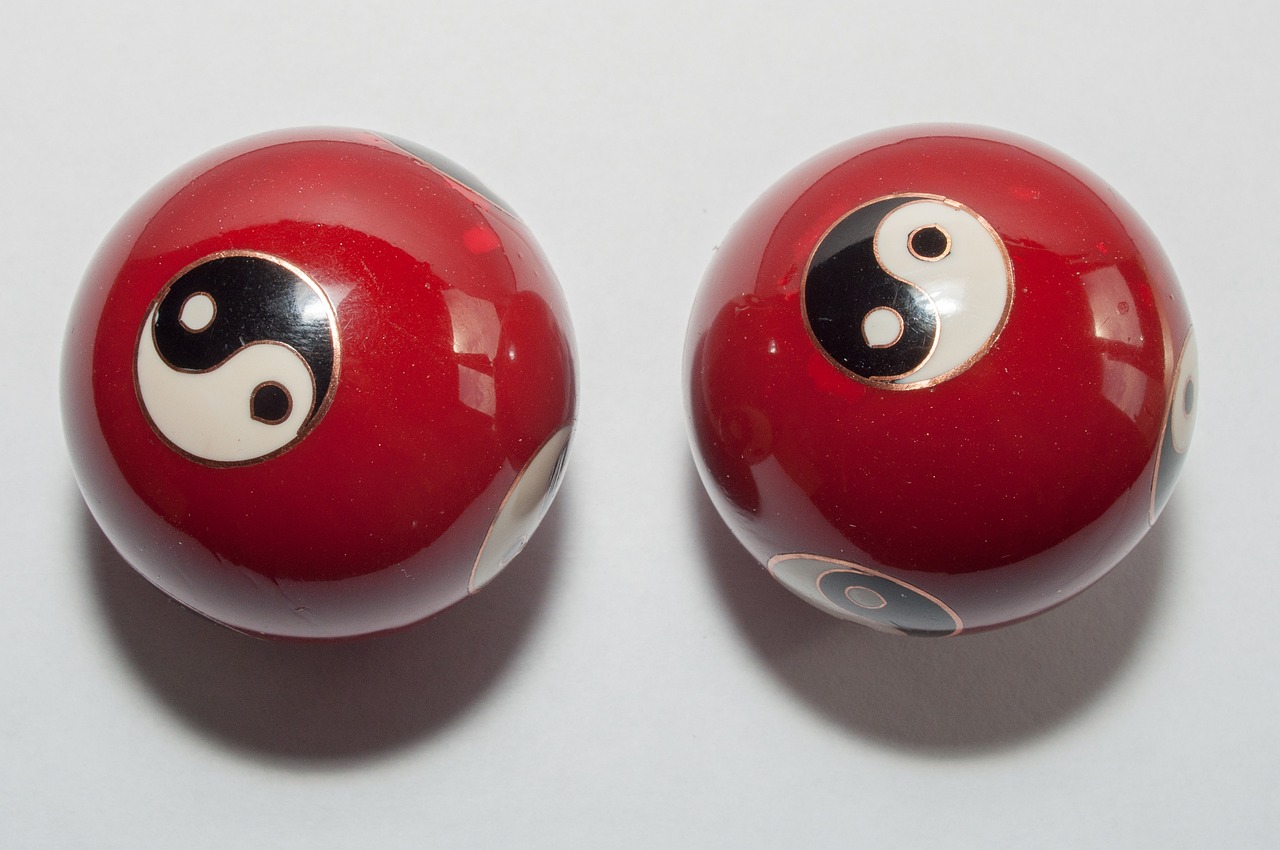Author: Erlang Shen
-
The Legend of Sun Wukong: The Monkey King Overview In the realm of Chinese mythology, Sun Wukong (孫悟空) emerges as the fascinating Monkey King, a cunning trickster and pivotal character in Wu Cheng’en’s classic novel, Journey to the West. Wukong is celebrated for his extraordinary strength and ability to transform into 72 diverse animals and…
-
Hou Tu (后土), known as the “Lord of the Earth” or “Goddess of the Earth,” was a significant natural deity revered through state offerings until the close of imperial China. This goddess, also identified as Dizhi (地祗), served as a counterpart to the Great Unity (taiyi, 太一), which symbolized Heaven. Seasonal offerings to the earth…
-
At the meeting point of the Yellow River and the Fenhe River in Wanrong County lies the Houtu Temple, an ancestral site dedicated to the worship of Houtu, the Earth Goddess in Chinese mythology. Recognized as “the oldest temple in the nation,” Houtu Temple is a cornerstone of Chinese civilization and serves as a vital…
-
The Legend of Pan Gu: Creator of the Chinese Cosmos Introduction to Pan Gu At the heart of Chinese mythology lies the towering figure of Pan Gu, who emerged from the primordial chaos of a cosmic egg to shape the universe. This narrative, steeped in cultural heritage, portrays Pan Gu as the first living being,…
-
Pangu is a key character in Chinese mythological narratives surrounding creation. A traditional song sung by the Zhuang people continues to celebrate Pangu’s legendary act of forming the heavens and the Earth. The myth’s origins have sparked considerable debate among scholars; some trace it back to Xu Zheng, a 3rd-century Chinese author who first documented…
-
Pangu is an iconic figure within Chinese creation mythology, revered by the Zhuang people who continue to celebrate his story through traditional songs that recount his role in forming the heavens and the Earth. The origins of the Pangu myth have sparked much discussion among scholars, with some attributing it to Xu Zheng, a Chinese…
-
Nüwa: The Mother of Humanity in Chinese Mythology Introduction In the realm of Chinese mythology, Nüwa (女媧) stands out as the foremost figure endowed with the ability to create and reproduce, often revered as the progenitor of humanity. Given the matriarchal tendencies of ancient Chinese society, her divine feminine essence established her as a significant…







